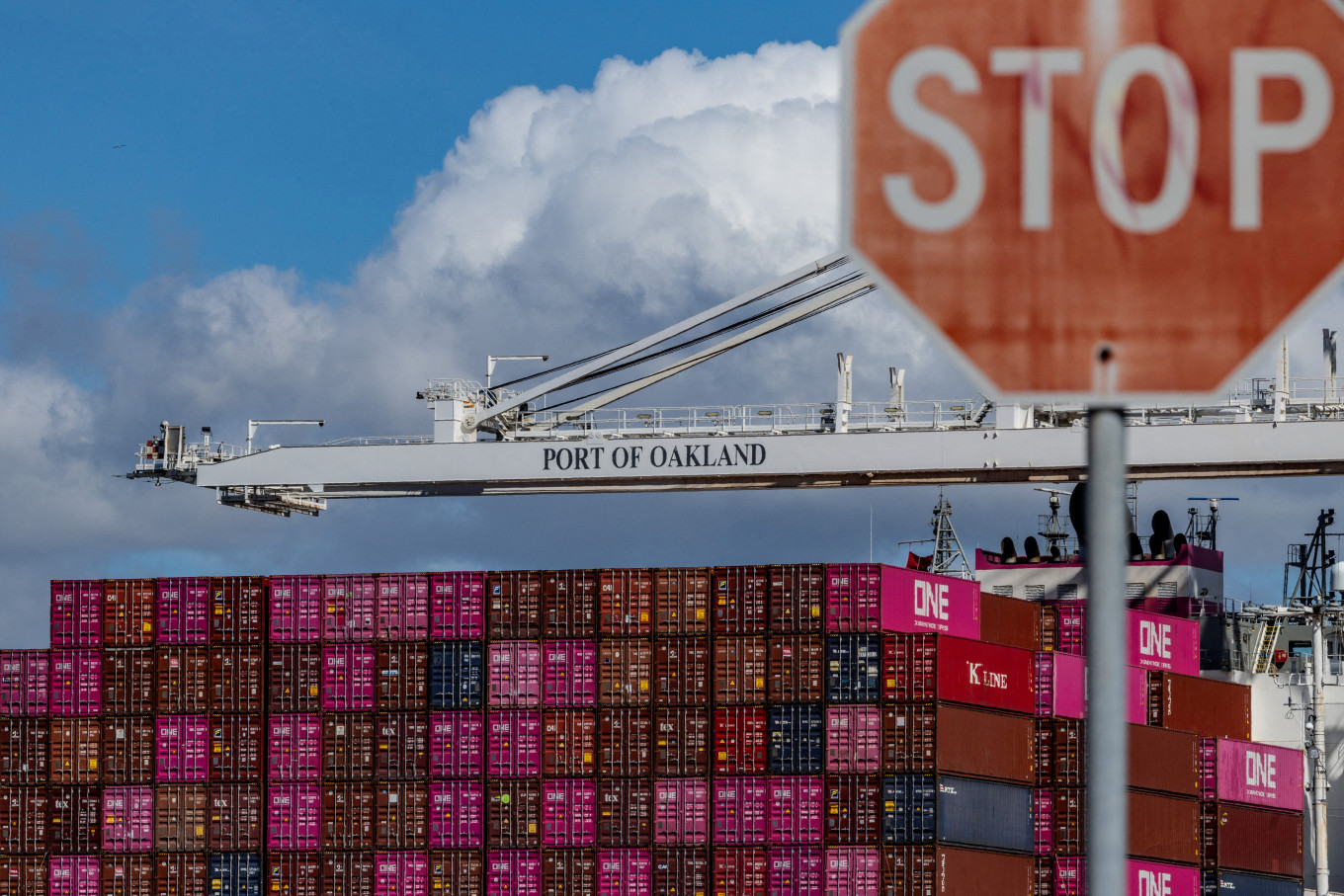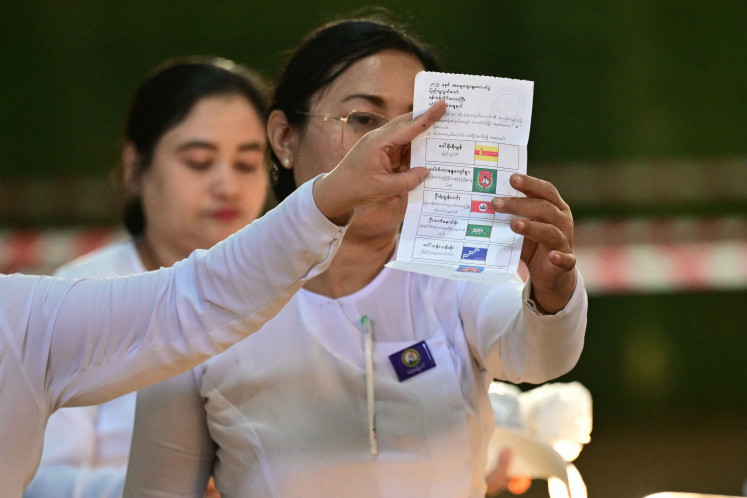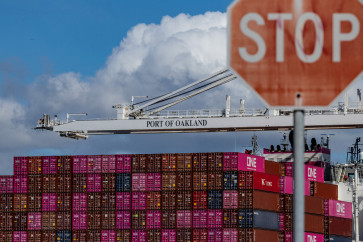Popular Reads
Top Results
Can't find what you're looking for?
View all search resultsPopular Reads
Top Results
Can't find what you're looking for?
View all search resultsThe flawed logic of Trump’s ‘reciprocal tariffs’ and the impact on Indonesia
To call this "reciprocal" is a stretch. If anything, it is retaliatory math disguised as fairness.
Change text size
Gift Premium Articles
to Anyone
U
nited States President Donald Trump's so-called "reciprocal tariffs," which impose duties ranging from 10 percent to 50 percent on nearly all US imports, are being sold as a strategy to fight back against foreign trade barriers and currency manipulation.
The idea is simple: countries that disadvantage American exports will now pay a price. The US will mirror their barriers with tariffs of its own, and in doing so, compel them to drop theirs. It is being touted as tough, fair and, above all, strategic.
In theory, it sounds like a negotiating tactic. In reality, it is more like economic roulette. Rather than calculating tariffs based on measurable trade restrictions, the Trump administration has opted for something far more blunt: bilateral trade deficits.
Under the formula, the greater the US trade deficit with a given country, the higher the tariff. And if the country runs a trade surplus with the US, that figure is halved and slapped on as a tariff rate. That is how countries like Vietnam and South Korea, despite their relatively open trade policies, found themselves facing tariffs of 25 percent and 46 percent, respectively. Even Brazil, which runs a trade deficit with the US, was not spared, a flat 10 percent tariff applied regardless.
Indonesia, too, has now been pulled into the fray. Despite maintaining an average Most-Favored Nation (MFN) applied tariff rate of just 8 percent in 2023, Indonesian goods are now subject to a 32 percent tariff. Why? Because Indonesia posted a trade surplus with the US of nearly US$17 billion in 2024, about 64 percent more exports to the US than it imported. Under Trump’s formula, that number was simply halved and turned into policy.
To call this "reciprocal" is a stretch. If anything, it is retaliatory math disguised as fairness.
Paradoxically, the US has no shortage of specific grievances when it comes to Indonesia’s trade practices. US trade reports cite a laundry list of concerns, from high excise taxes on imported alcohol, to cumbersome halal certification for pharmaceuticals, to customs valuations based on reference pricing rather than actual transaction values.



















